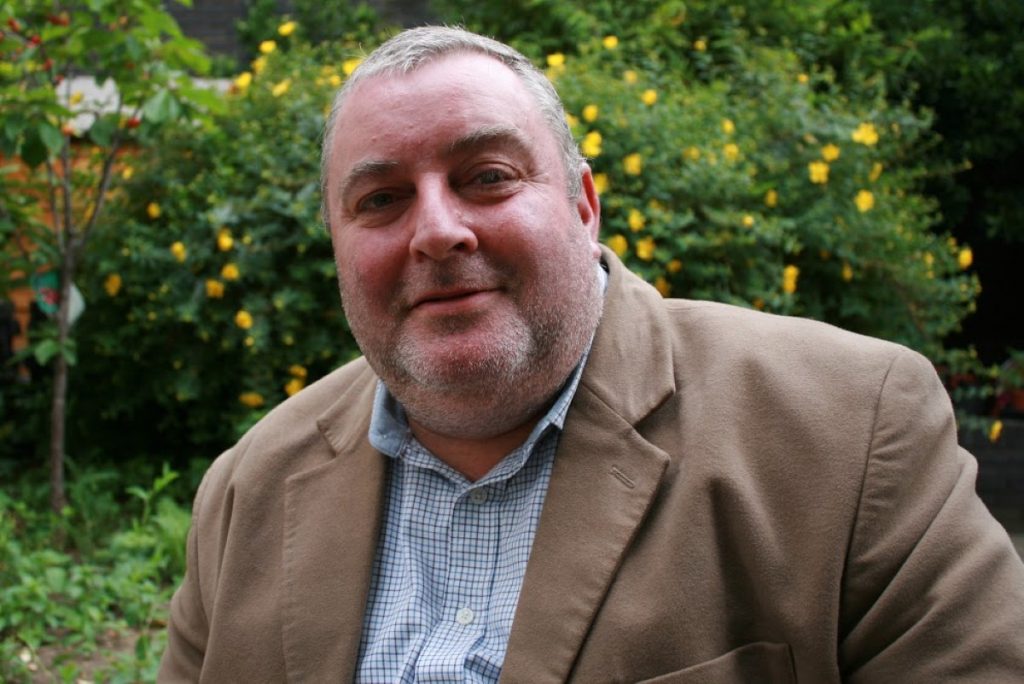Comment: We can help Syria if we stop being so macho
By Tony Clarke
The recall of Parliament in August did much for those calling for cool heads and calm minds before any military intervention be sanctioned in what is becoming an ever more complex Syrian civil war. But it did little in the identifying how exactly the international community can help to draw up an eventual road map to peace.
Parliament knew what it didn't want to do but it had little knowledge as to how a diplomatic solution could be found. But it is becoming increasingly clear that an internal Syrian solution could hold the best – or perhaps only – chance of bringing a halt to the ongoing bloodletting and massacres in the Middle East state.
President Bashir Al Assad commented at the weekend: "In my view, a political opposition does not carry weapons. If someone drops his weapons and wants to return to daily life, then we can discuss it." That can be read in many ways, but surely the prospect of discussions is always one worth chasing.


David Cameron and the coalition government were far too hasty in proposing an external military solution and they continue to be far too slow to act on the plight of refugees, leaving many to question as to why we could find reason to recall parliament at a moment's notice to seek permission for war, but can find no similar urgency to intervene diplomatically to help secure a peace?
Ironically, six weeks ago, when our 650 MPs sat in parliament to discuss war, a simple two-man delegation representing the Free Syrian Army (FSA) were holding secret talks in Damascus with senior officials of President Bashar Al Assad's regime to try themselves to broker a peace deal based on a 'Syrian Solution'.
It is believed the delegation requested that any peace deal must include agreement on the formation of a democratic Syria where the supremacy of law would be dominant. No demands were made for Assad's departure from office and the delegates were reported to have asked for 'presidential' guarantees of safety to be given to any of those in the FSA participating in any future peace deal.
The news of a possible internal solution came about as it was revealed that agreement has now also been reached in seven rebel-held areas around Aleppo under FSA control. Civil servants and other local and national government workers have, it seems, been told they can return to their offices. Students who had become militiamen are being disarmed and returned to the classrooms.
In areas in the Homs province, fighting between the FSA and regime troops has virtually ceased and the local population (those who have not fled the fighting) cautiously pray for peace. However any such peace will be hard to accomplish. The dangers of becoming too optimistic of any quick resolution of the conflict cannot be overstated. The two sides alone may not be able to find a way forward.
It is for this reason that we outside of Syria must all urge our own governments to do far more to help broker a solution if there is one to be had.
Is it possible? Is it attainable? Well it is now clear that some of those from within the FSA have formed what they are now calling the National Union for Saving Syria (NUSS) and this must bring us hope of such a solution being found. But rest assured that al-Qaida and the al-Nusra Front will do all they can to destabilise any peace plan and also prevent any previous army defectors from seemingly going back to the side of the regime.
Any such peace talks are perilous and very fragile and will be resisted by both Islamist groups and outsiders. For peace to prevail, the West needs to drop its macho military interventionist stance and work more collectively in securing and building upon any possible peace plan.
British or American troops on the ground in Syria was never going to be an answer or a solution, but if the UK government can play its part and help to foster further talks between the FSA, NUSS and the regime – if necessary on neutral ground in Berlin, Moscow or London- then surely its worth all of our efforts.
Of course in the meantime we need to redouble our efforts in ensuring more support is afforded to assist an ever more serious refugee crisis. My fellow Green party member and MP Caroline Lucas was right six weeks ago in calling for better advice from the attorney general before MPs committed to military action. She also read correctly the public mood in tabling the only amendment on the day which reflected parliament's eventually declared opinion.
Caroline for one realised that the world is war weary and that it is high time that governments around the world, including our own, put their seemingly unquenchable thirst for war to one side and work with both sides in Syria to help construct a lasting peace.
The British government has access to diplomats as well as lawyers and it is their input which is now most needed. We must not let this current internal opportunity for talks between the fighting factions pass us by. If we do, the oft-repeated criticism from those who feel our only interest in Syria's plight is one of pious showboating and poorly disguised self-interest will be proved to be right.
Tony Clarke was Labour MP for Northampton South from 1997 – 2005. He was auto-expelled from the party when he stood as an independent in local elections in 2007. During his time in parliament, Tony chaired the Northern Ireland select committee (devolved affairs) during the period of the suspension of the NI Assembly. He joined the Green party in March 2013.
The opinions in Politics.co.uk's Comment and Analysis section are those of the author and are no reflection of the views of the website or its owners.

